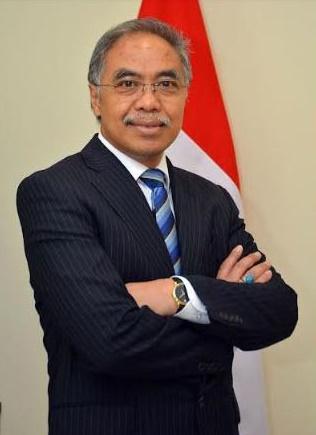
Indonesia mulls over $14b sea wall to save sinking Jakarta
Newswire
Jakarta: Indonesia is reviving plans to construct a giant sea wall in the latest of measures to prevent its capital city of Jakarta from sinking at a faster rate.
The project will require three phases of construction, extending past the year 2040, with the first two stages requiring 164.1 trillion rupiah (S$14.04 billion) in funding, Coordinating Minister for Economic Affairs Airlangga Hartarto said this week at an event in Jakarta unveiling the latest plan for the sea wall.

He did not say how much money is needed for the third phase.
While the idea has been tossed around for more than a decade, a proposal to build a sea wall was recently revived as Jakarta becomes the fastest-sinking megacity.
The impetus comes as the capital sinks by as much as 25cm per year, while tidal flood rises by up to 200cm annually, Mr Hartarto said.
Home to more than 10 million people on the island of Java, Jakarta has seen some areas descend by as much as 4m between 1997 and 2005, with experts predicting that one-third of the capital may be submerged by 2050 if left unchecked.
Flooding in coastal Jakarta was estimated to cause losses of 2.1 trillion rupiah per year, which can potentially rise to 10 trillion rupiah yearly in the next decade.
To slow down the sinking and ease the pressure on Jakarta, Indonesia has restricted the extraction of groundwater as well as pushed for the creation of a US$34 billion (S$45 billion) capital city in Borneo’s jungle called Nusantara.
Indonesia will elect a new leader on Feb 14, and whether the successor of President Joko Widodo will pursue the massive infrastructure project remains to be seen.
“The problem facing this sea wall is that it needs around 40 years to be completed,” Defence Minister Prabowo Subianto, who is leading voter surveys for the presidential election, said at the launch of the sea wall plan.
“The problem is whether political leaders have the focus, the thinking and the ability to see through the project. This is our responsibility.”
